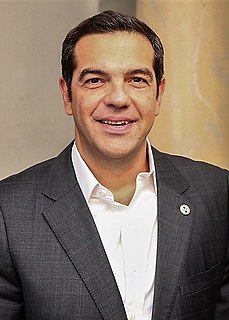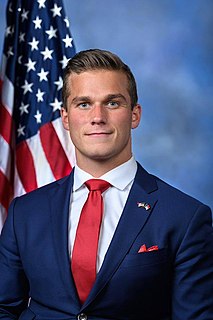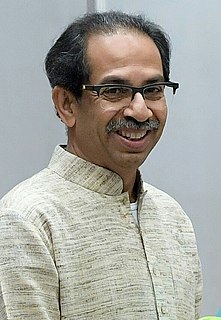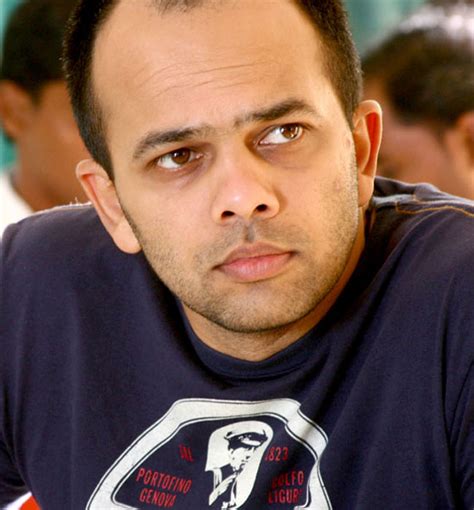A Quote by Andrew Scheer
When I was younger, I remember families like mine who had to deal with the disastrous policies of the 1970s.
Related Quotes
I think [Iranian deal] was the worst deal I've ever seen negotiated. The deal that was made by the [Barack] Obama administration. I think it's a shame that we've had a deal like that and that we had to sign a deal like that and there was no reason to do it and if you're going to do it, have a good deal.
I left Starbucks in 2015. When I was younger, I remember looking at Justin Bieber and wishing I had all these fans, but you know what? Everyone has their path, everyone's path is different, and this is where mine's going. I just didn't want to work at Starbucks. I wanted to be writing music all the time.
We urgently need a debate about the best ways of supporting families in modern America, without blinders that prevent us from seeing the full extent of dependence and interdependence in American life. As long as we pretend that only poor or abnormal families need outside assistance, we will shortchange poor families, overcompensate rich ones, and fail to come up with effective policies for helping families in the middle.
People from authoritarian, male-dominated, punitive families tend to vote for "strongman" leaders and for "hard" punitive policies (prisons, wars) rather than "soft" caring policies (healthcare, childcare). Not everyone from this background does. But many people do. And this conditioning can be exploited, as Trump's campaign did, especially in times like ours of economic, social, and technological upheaval.


































